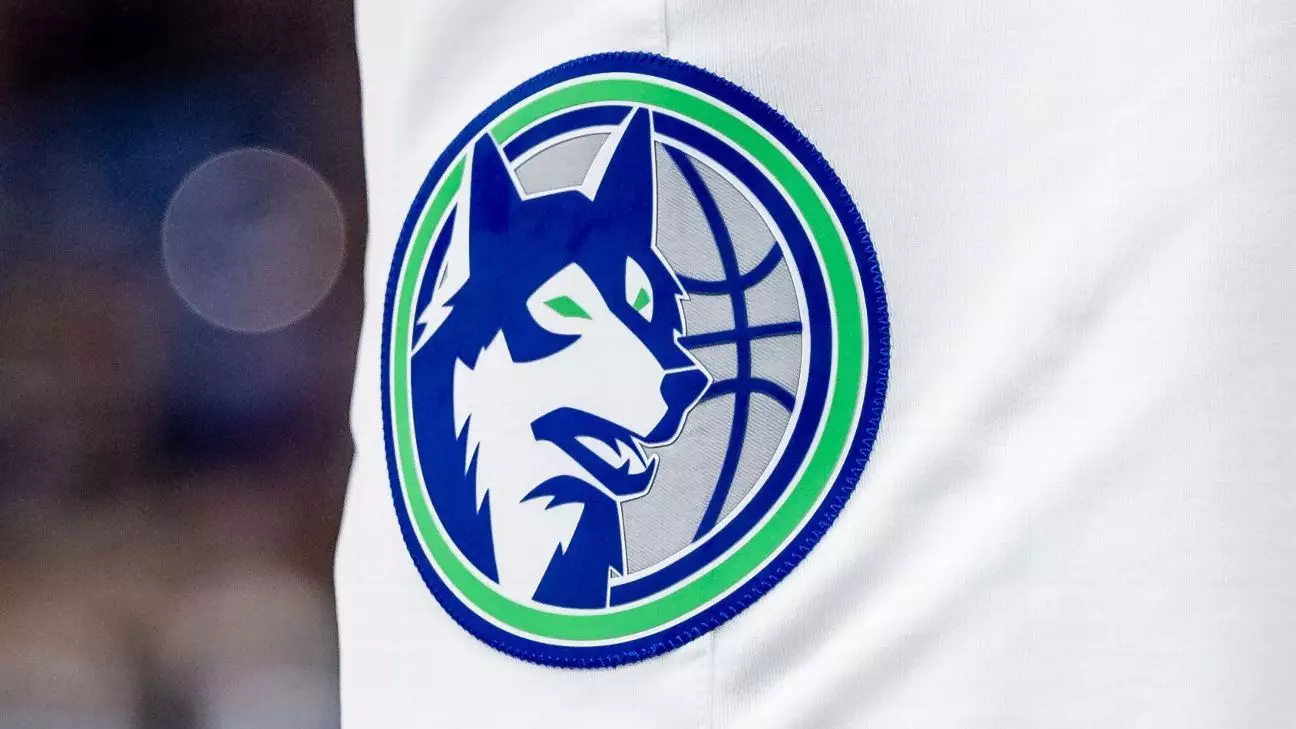The ongoing saga surrounding the ownership of the Minnesota Timberwolves and Lynx is set to take a dramatic turn following a pivotal arbitration ruling. The decision, announced recently, sides with billionaire investors Marc Lore and Alex Rodriguez, who are pushing to finalize their acquisition of the teams from current owner Glen Taylor. This ruling not only amplifies the tensions between the stakeholders involved but also raises significant questions about ownership dynamics within the NBA.
The journey to ownership for Lore and Rodriguez began in 2021 when Taylor consented to sell the teams for a staggering $1.5 billion. This transaction was structured in multiple phases, allowing the new owners to acquire a significant stake incrementally. Initially, they secured a 36% interest through two successful purchases totaling over $500 million. However, the road to 80% control hit a serious snag when Taylor announced that the investors had missed an essential payment deadline, leading him to believe he was justified in halting the sale. Lore and Rodriguez contested this interpretation, claiming their agreement included a 90-day extension clause, propelling the case into arbitration.
The arbitration hearings were conducted over an intensive week in November, demonstrating the complex legal landscape surrounding sports franchise ownership. The result of the panel’s decision was a clear victory for Lore and Rodriguez, offering them a pathway to exert majority control over the franchises.
While the arbitration ruling allows Lore and Rodriguez to move forward, it sets the stage for a larger confrontation among NBA owners. A vote among the governing board of the NBA is essential for any ownership change, with a minimum of 23 out of 30 votes required for approval. This decision is particularly critical, given that Taylor, who has been the franchise’s majority owner since 1994, holds considerable influence, notably through his established rapport with NBA Commissioner Adam Silver.
The dynamics shift further as Lore and Rodriguez have reportedly engaged in extensive lobbying efforts to sway fellow owners in their favor. With a significant financial backing from notable figures such as former New York City Mayor Michael Bloomberg and ex-Google CEO Eric Schmidt, they appear well-positioned to secure the necessary votes. However, the unprecedented nature of this ownership challenge—where the current owner opposes the sale—adds a layer of complexity that could lead to unexpected outcomes.
The Financial Landscape and Market Comparison
The estimated price of $1.5 billion for the Timberwolves is beginning to seem outdated. Recent sales in the league have dramatically shifted the market, with franchises like the Phoenix Suns and Dallas Mavericks changing hands for valuations nearing $4 billion and $3.5 billion, respectively. Moreover, teams such as the Charlotte Hornets and Milwaukee Bucks have also sold at prices significantly higher than what Taylor initially accepted. This new market context raises questions about whether Taylor may ultimately reconsider his stance, influenced by the heightened valuations within the league.
Despite Taylor’s long-standing presence as an NBA owner and his past attempts to sell—only to reverse his decision—there seems to be renewed speculation about the ultimate sale of the Timberwolves. His reluctance to comment decisively post-arbitration indicates a degree of uncertainty moving forward, a notable change from his usually confident assertions about the franchise’s future.
Looking Ahead: Championships, Challenges, and Community Engagement
In their statement following the ruling, Lore and Rodriguez expressed their desire to focus on winning championships and serving the Twin Cities community. This commitment to success and local engagement resonates deeply with fans who are eager for a new direction after decades of mixed results on the court.
However, the path forward is fraught with challenges. The impending vote among team owners, combined with Taylor’s historical reluctance to relinquish control, sets a precarious stage for the franchise. Should the vote go in favor of the new ownership, the Timberwolves could potentially undergo a significant transformation, embodying fresh leadership and renewed ambition. Conversely, should the ruling be challenged or the vote swayed by Taylor’s influence, it could result in a protracted standoff, prolonging the uncertainty surrounding the franchise’s leadership.
Ultimately, the next steps for the Timberwolves will hinge not only on the results of the ownership vote but also on how effectively Lore and Rodriguez can leverage their connections and innovative aspirations to reignite the franchise’s trajectory while ensuring support from both fellow owners and the passionate Minnesota fanbase.

